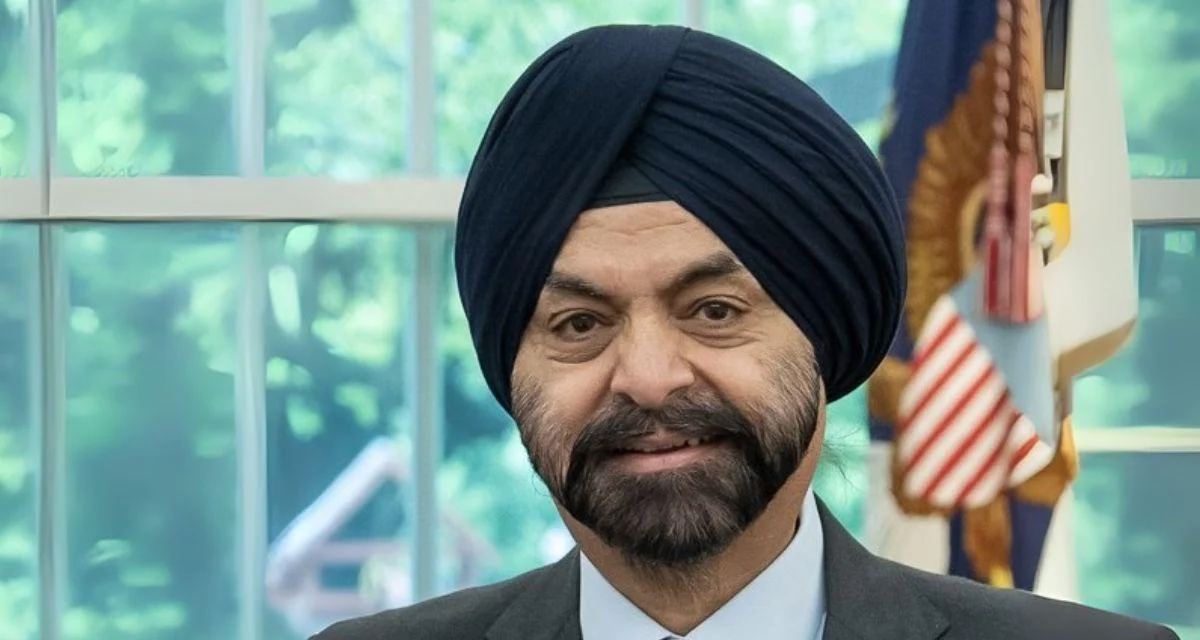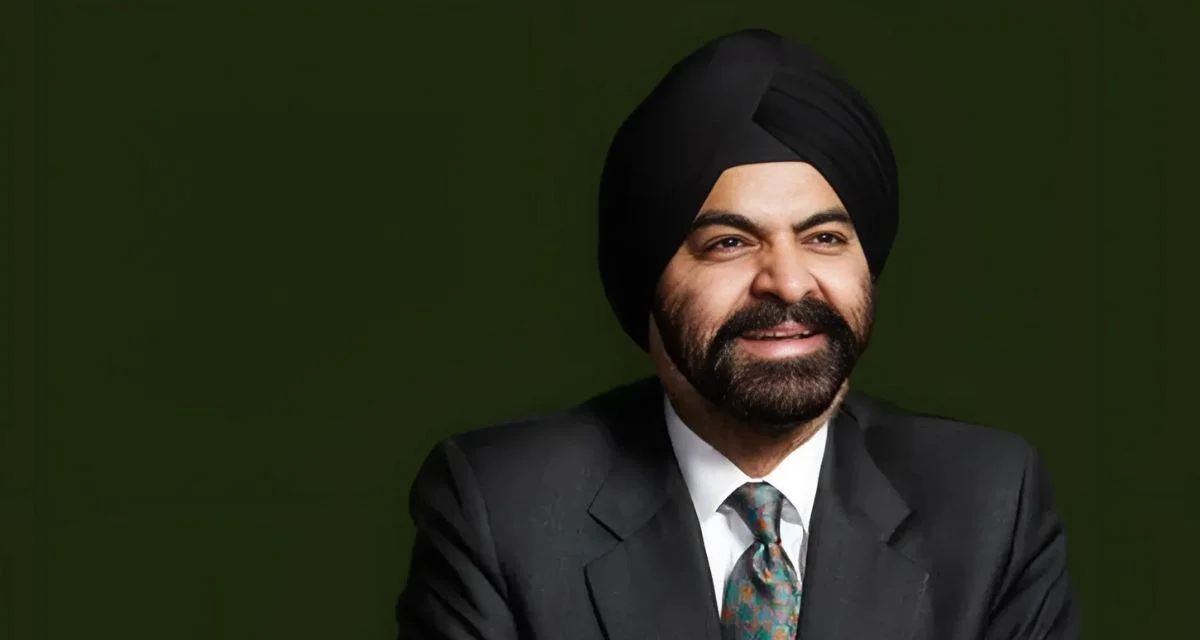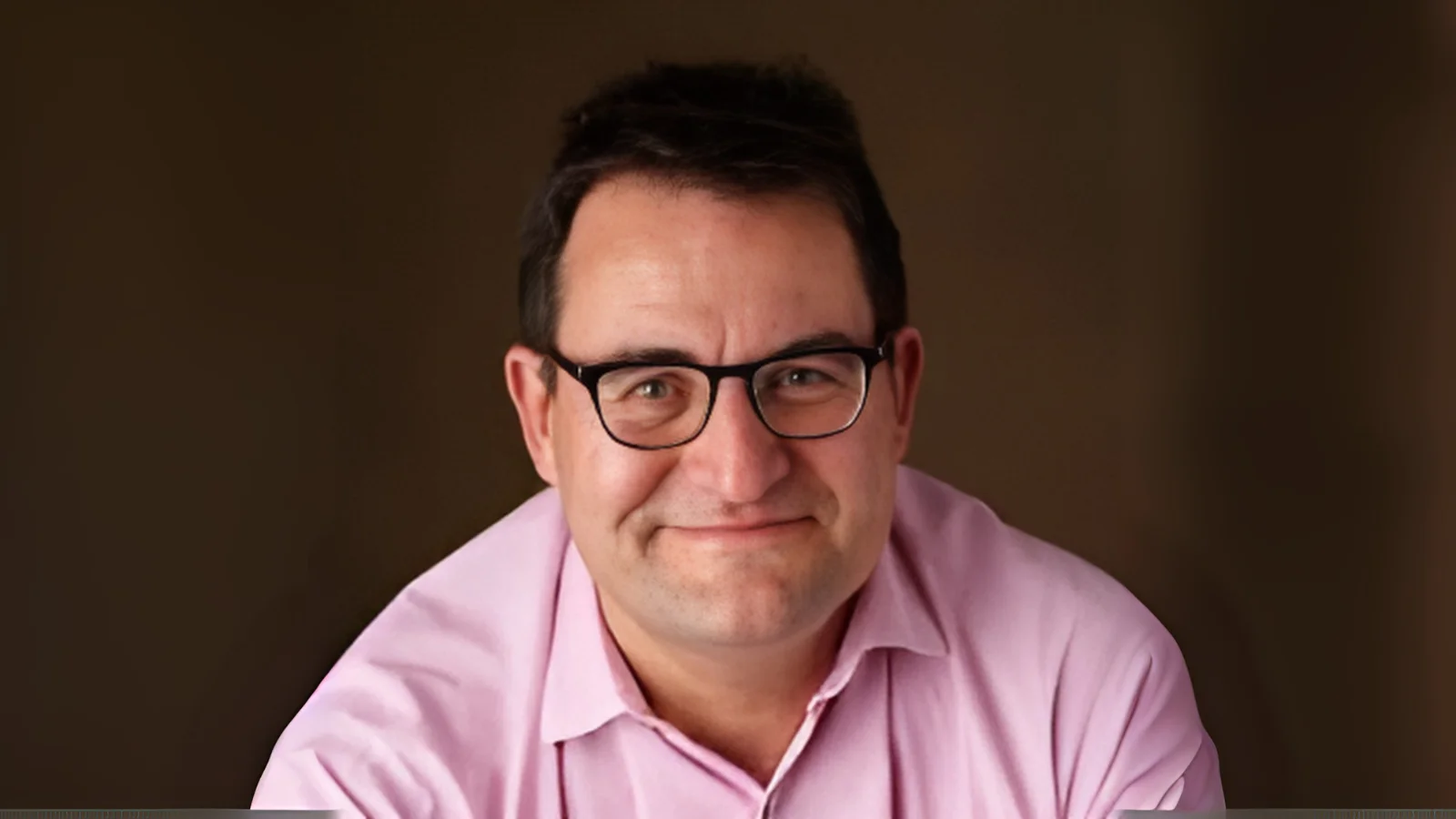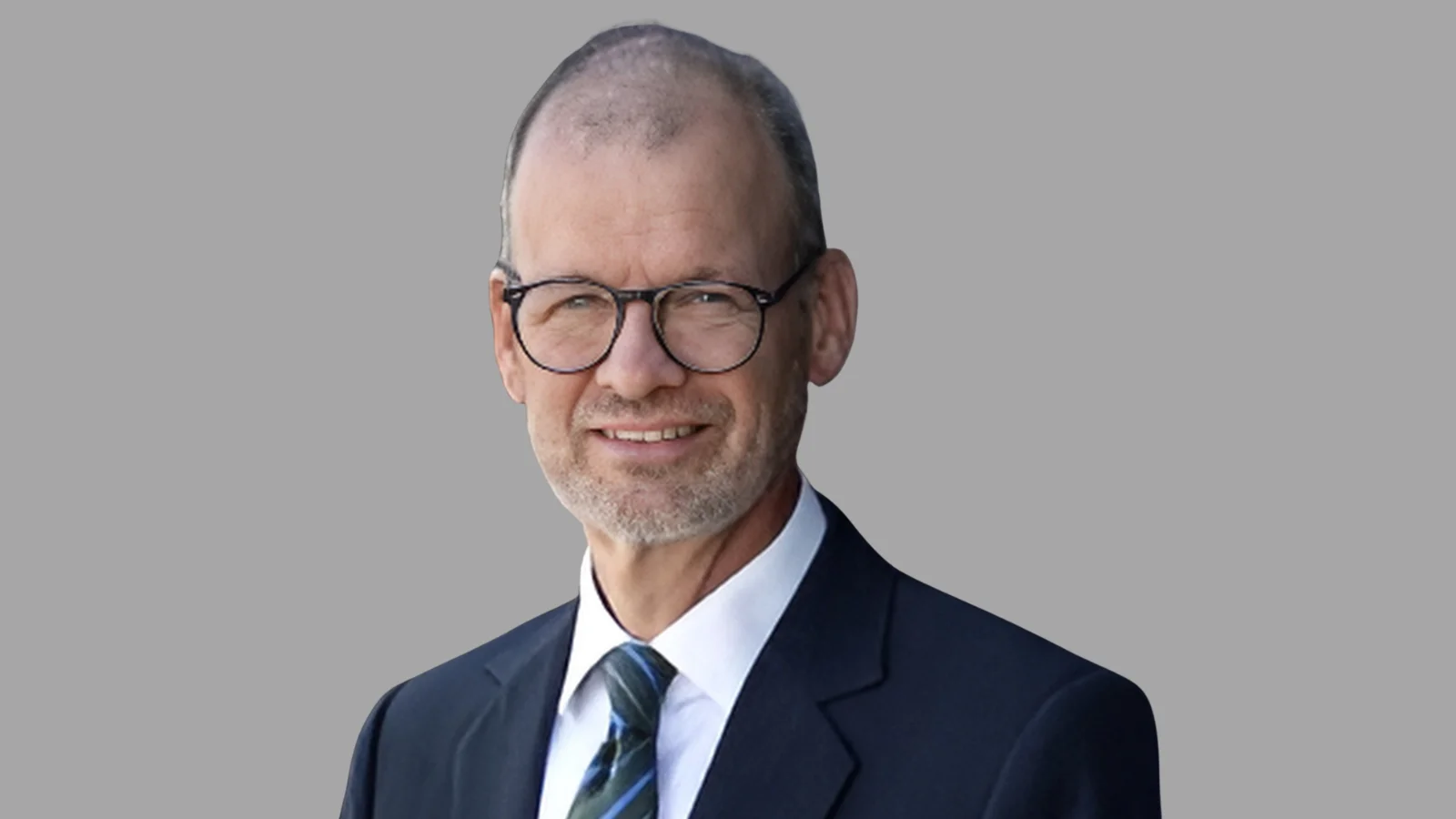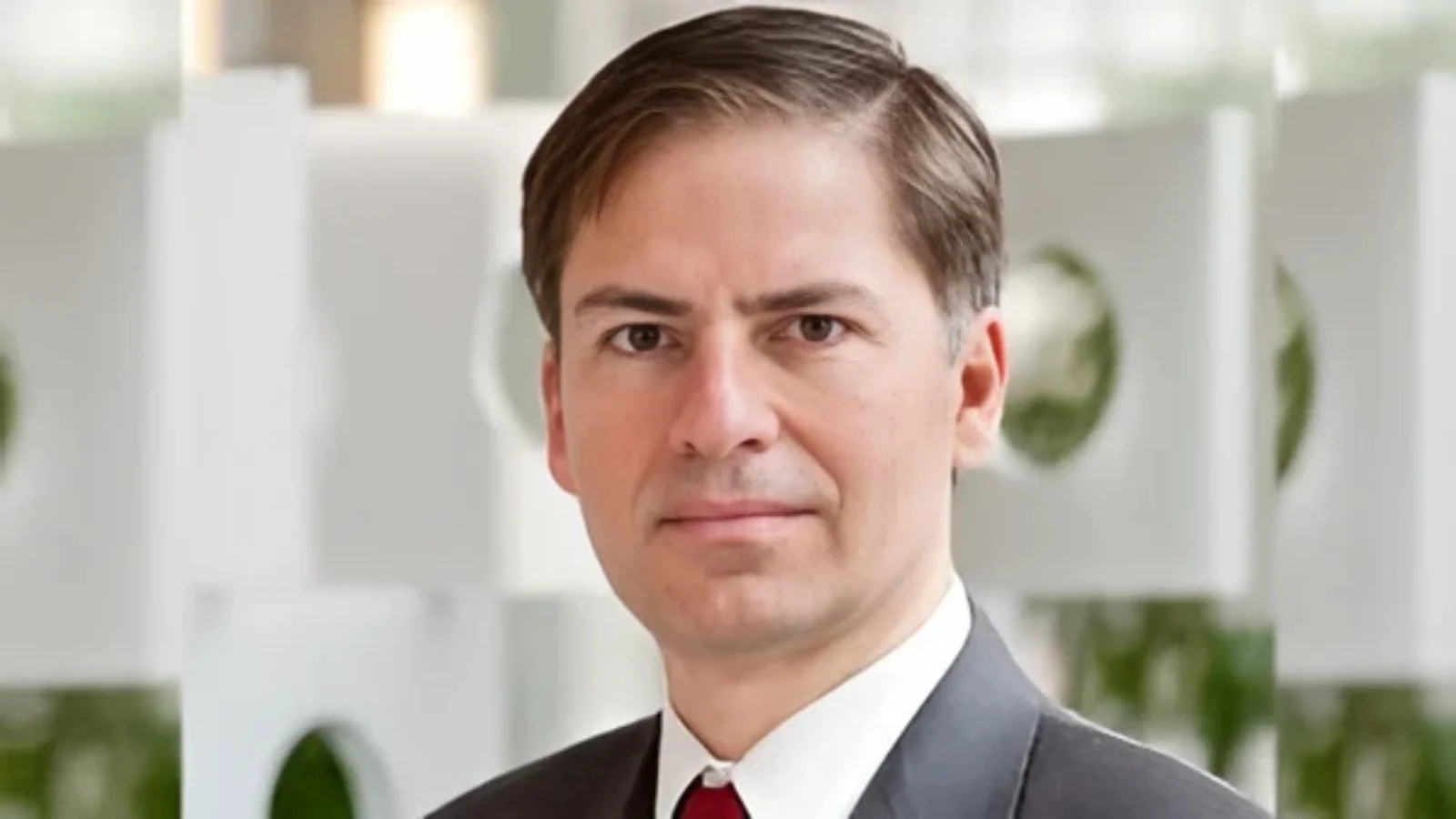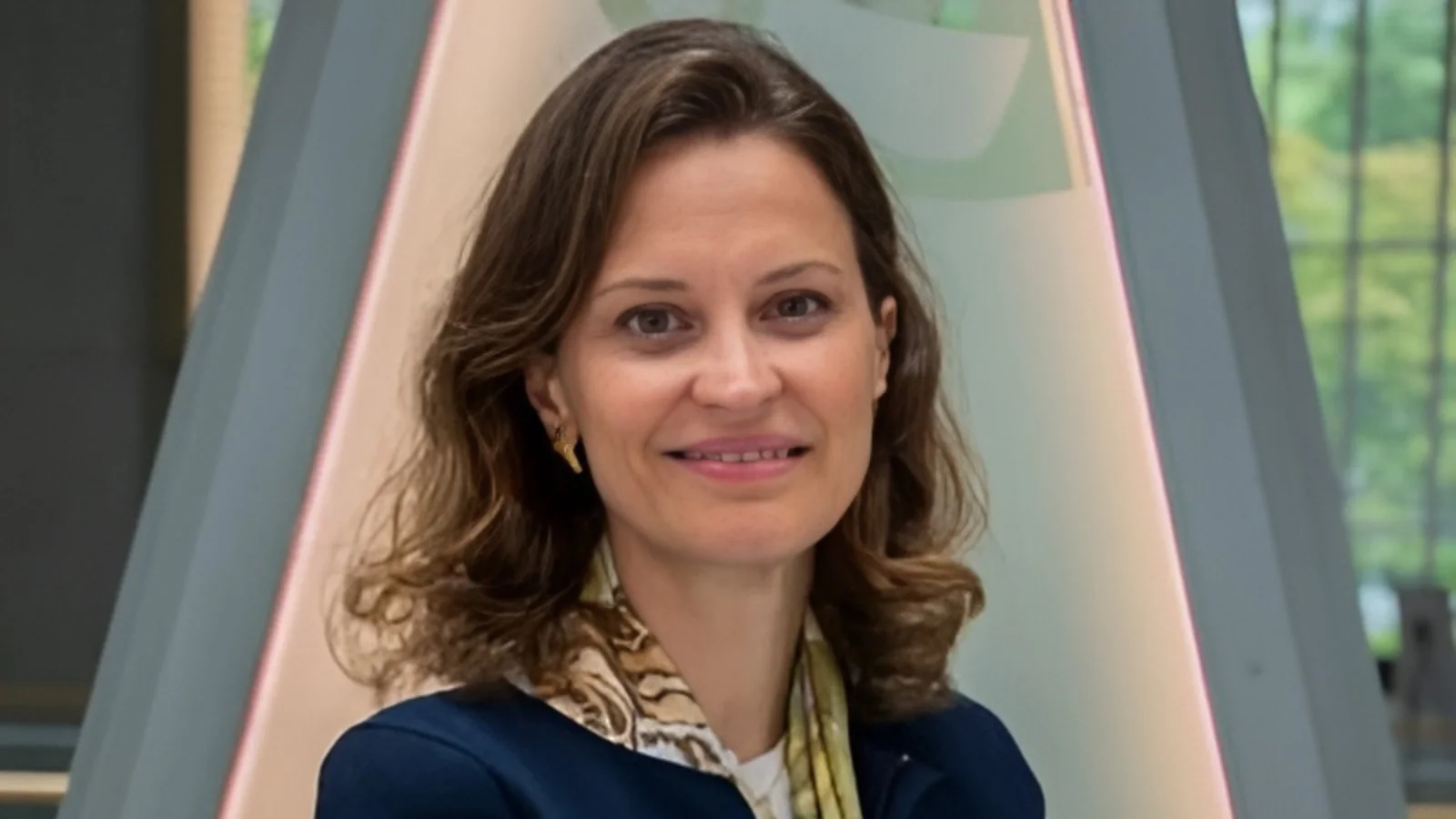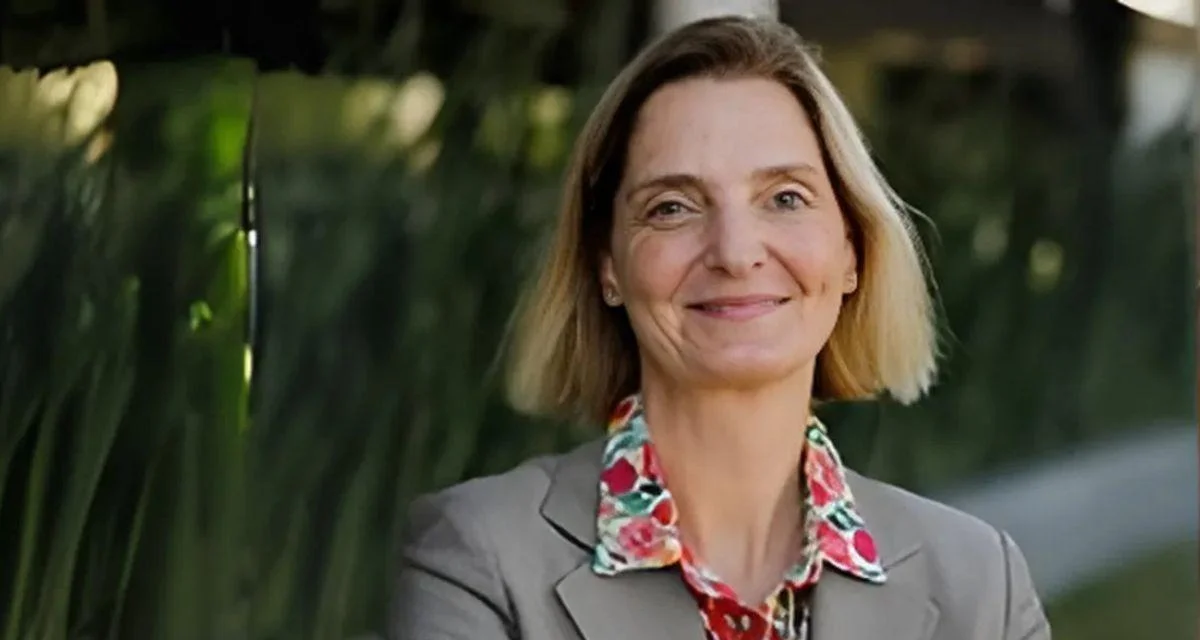The World Bank
Recent News About The World Bank
-
India faces urgent need for climate-resilient urban planning amid rapid growth
Cities in India are expected to play a central role in the country's economic future, with projections indicating that they will generate over 70 percent of new jobs within the next five years.
-
World Bank projects steady economic growth for Viet Nam through 2027
Viet Nam's economy is projected to grow by 6.6 percent in 2025, according to the World Bank’s latest Viet Nam Economic Update report.
-
Tech-driven reforms transform India's agricultural universities
India’s agricultural sector, which employs nearly half of the nation’s workforce, is undergoing significant changes as it faces new challenges such as climate change and the need for advanced technology.
-
Africa Climate Summit highlights need for resilient energy infrastructure through Mission 300
At the Africa Climate Summit 2025, a ministerial dialogue focused on expanding energy access and building resilient infrastructure across the continent.
-
World Bank outlines roadmap for adapting human development amid rapid change in MENA
The World Bank has released a new flagship report examining the profound changes underway in the Middle East and North Africa (MENA) region.
-
World Bank report warns rising temperatures threaten health and economy in Bangladesh
Bangladesh is experiencing increasing health and economic challenges due to rising temperatures, according to a new World Bank report released on September 16, 2025.
-
Jordan cuts ozone-depleting chemicals by 87% through World Bank-backed initiative
Jordan has made significant progress in reducing its use of ozone-depleting substances (ODS), cutting national consumption by 87 percent through cooperation with the private sector, according to the World Bank.
-
World Bank vice president visits Sri Lanka to discuss economic reforms and job creation
Johannes Zutt, Vice President for South Asia at the World Bank, completed his first official visit to Sri Lanka on September 15, 2025.
-
World Bank appoints Carlos Felipe Jaramillo as vice president for East Asia & Pacific
Carlos Felipe Jaramillo has been appointed as the new Vice President for the East Asia and Pacific (EAP) Region at the World Bank Group, effective September 15, 2025.
-
Susana Cordeiro Guerra named vice president for Latin America at World Bank
Susana Cordeiro Guerra has been appointed as Vice President for the Latin America and the Caribbean (LAC) region at the World Bank Group, effective September 15, 2025.
-
World Bank urges stronger tax revenue efforts for sustained growth in Côte d’Ivoire
Côte d'Ivoire’s economy has shown strong growth and resilience despite global challenges, according to the World Bank’s latest economic update.
-
Zambia faces workforce challenge as copper production set to triple
Zambia is preparing for a significant increase in copper production, with the government aiming to triple output by 2031.
-
World Bank launches SHORE Project to boost resilience along Indian coast
The World Bank has approved a new program aimed at supporting coastal communities in India, focusing on the states of Tamil Nadu and Karnataka.
-
World Bank expands global investment in low-carbon rail logistics
From 2011 to 2024, India constructed 1,200 kilometers of new dedicated freight tracks with support from the World Bank.
-
Mozambique expands electricity access through World Bank-supported programs
Between 2020 and 2024, the Mozambique Energy for All project (ProEnergia) connected more than 514,000 households to electricity, reaching about 2.6 million people who previously lacked access.
-
Ethiopian livestock project improves livelihoods through inclusive poultry farming
In Serbo Kebele, located in Ethiopia’s Jimma Zone of Oromia, farmer Imran Abba Jihad has seen significant changes in his life after joining the Livestock and Fisheries Sector Development Project (LFSDP).
-
World Bank appoints Cécile Fruman as new country director for Brazil
Cécile Fruman has been named as the new World Bank Country Director for Brazil, according to an announcement made on September 1, 2025.
-
Gambia maintains steady economic growth amid global challenges
The Gambia's economy has shown continued resilience, with real GDP growth reaching 5.7% in 2024, according to the World Bank’s Fifth Economic Update for The Gambia.
-
Ethiopia’s urban program creates over one million jobs amid rapid city growth
Ethiopia’s cities are facing the challenges of rapid urban growth, with projections indicating that the urban population will nearly triple from 15 million in 2012 to over 42 million by 2034.
-
World Bank issues handbook addressing urban heat management in developing cities
Extreme urban heat is becoming a major challenge for cities in the Global South, where rapid urbanization and limited resources make it harder to adapt.

